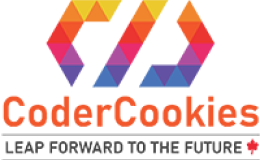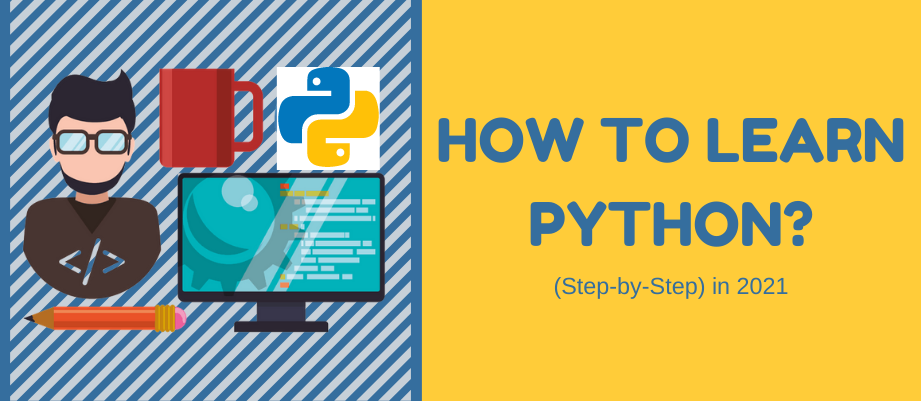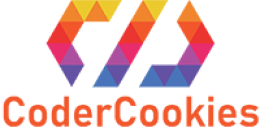With advancements in Artificial Intelligence and Machine Learning, Python is becoming a popular programming language. It is especially important for kids who are interested in STEM. By joining an online Python course for kids, they can learn the language and develop exciting programs. They can use it to build their own games, software development, and much more. Children can also develop soft skills like problem-solving, confidence, etc., through Python coding classes for beginners.
However, finding the right way to learn Python can be a challenge. Should children take Python programming classes online or visit an institute? What are the resources available to learn Python? In this article, we will address all these questions. Since there are a lot of generic resources available, we will discuss the best way to learn Python programming.
Step-by-Step Python learning guide for 2021
For children to learn Python, there need to be proper building blocks. A simple online Python course for kids can provide that. But to understand the right way to learn, we need to address the following points –
1. Objective of learning
The primary step is to identify why your kids want to take Python programming classes online. Figuring out the objective can help children take the right path towards development. There are several goals to achieve, like data science, game development, mobile app development, website development, automation scripts, and more. Knowing what kids are interested in will help them choose the right path and then follow on that.
2. Finding the best course
The next step is to find the right Python coding classes for beginners. You can choose to send kids to an institute. But considering the pandemic, it is best to enroll them in an online Python course for kids. There are multiple courses available online that can teach them the fundamentals of the programming language. Some of the best courses are available on:
- Coder Cookies
- CodeAcademy
- Udemy
- Khan Academy
- Google’s Python Class
- Coursera
- Microsoft’s Python Class, and many more
There are multiple online Python bootcamps that kids can join. Complete Python masterclasses are also available online where children can learn the programming language.
3. Learning the basics
By having a strong foundation, kids can understand how Python works in different ways. The third step is to learn the basic syntax. It isn’t extremely motivating, so kids would spend a little less time on this step. However, it is an important step, as, without the basics, they cannot move ahead in the course.
Learning theory is important because it helps in practical applications. Apart from Python programming classes online, there are multiple books that teach the basic syntax and lessons. Ideally, only a couple of weeks are enough to learn the initial stages of the programming language.
4. Building projects
The most significant step is to finally let children build different projects. Structured projects at Python coding classes for beginners help children apply the knowledge. Kids can experiment and learn multiple things by creating projects on their own.
There are pre-programmed projects available that children can find online. The gamification keeps kids engaged and helps them build beautiful projects. Any software theta they develop will add to their confidence, and they will be more secure in taking up new development activities.
Must read: Know About Block Coding for Kids
Any success in Python programming is directly related to the number of hours spent practicing. There are a million other things that children can build using the language. Consistent practice and experimentation are key, apart from joining an online Python course for kids. By working on projects, children can come up with better ideas and get more comfortable in taking risks. While it will take some time and patience, all of it will be worth it after you see the wonderful projects that children can create.


